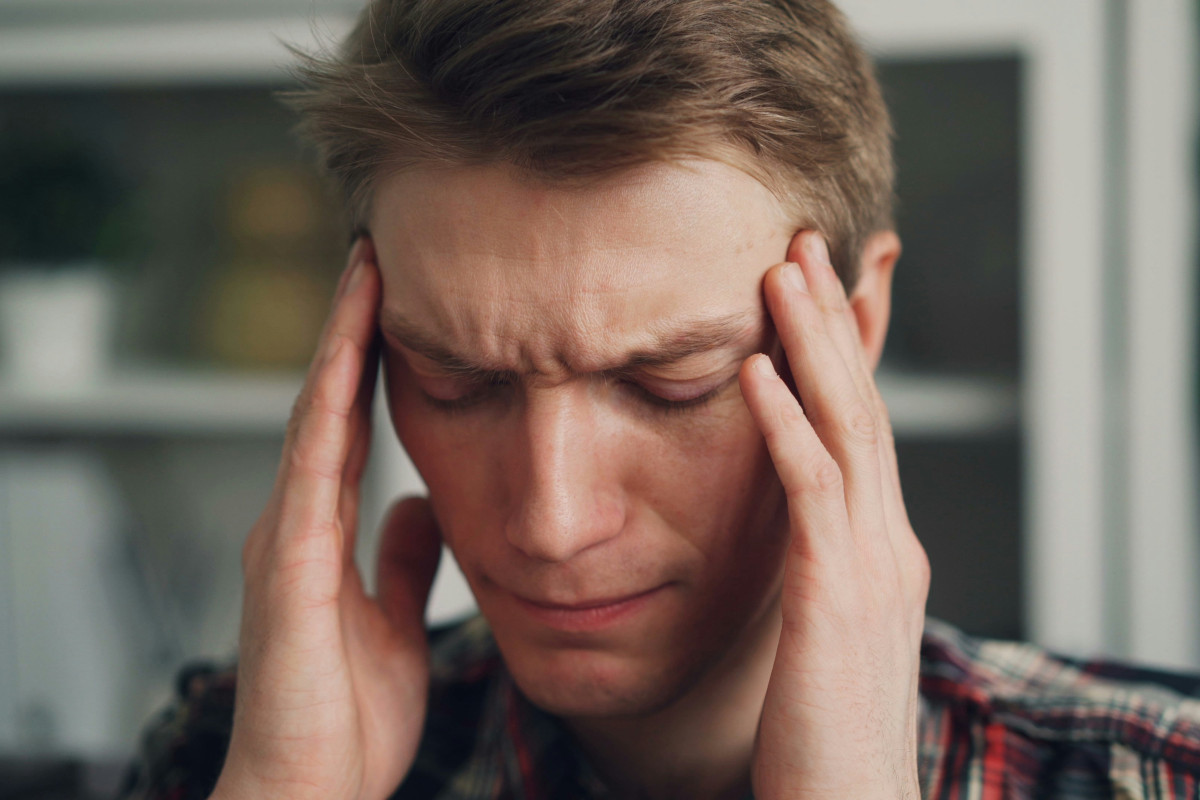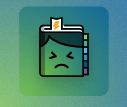Always connected, always available: digital stress and its consequences
Digital stress is a growing research topic. How does it affect us to be surrounded by digital media in almost every area of our lives? What is digital stress and what can it do?
-
References
Cain J. It's Time to Confront Student Mental Health Issues Associated with Smartphones and Social Media. Am J Pharm Educ. 2018 Sep;82(7):6862. doi: 10.5688/ajpe6862. PMID: 30323396; PMCID: PMC6181159.
Fischer T, Reuter M, Riedl R. The Digital Stressors Scale: Development and Validation of a New Survey Instrument to Measure Digital Stress Perceptions in the Workplace Context. Front Psychol. 2021 Mar 12;12:607598. doi: 10.3389/fpsyg.2021.607598. PMID: 33776836; PMCID: PMC7994533.
Gimpel H, Berger M, Regal C, Urbach N, Kreilos M, Becker J, Derra ND. Belastungsfaktoren der digitalen Arbeit: Eine beispielhafte Darstellung der Faktoren, die digitalen Stress hervorrufen. Augsburg: Projektgruppe Wirtschaftsinformatik des Fraunhofer FIT (2020). doi: 10.24406/fit-n-581326.
Steele RG, Hall JA, Christofferson JL. Conceptualizing Digital Stress in Adolescents and Young Adults: Toward the Development of an Empirically Based Model. Clin Child Fam Psychol Rev. 2020 Mar;23(1):15–26. doi: 10.1007/s10567-019-00300-5. PMID: 31392451.
Ward AF, Duke K, Gneezy A, Bos MW. Brain Drain: The Mere Presence of One’s Own Smartphone Reduces Available Cognitive Capacity. JACR 2017 Apr 3;2(2):140–154. doi: 10.1086/691462.
-
Yang CC, Holden SM, Ariati J. Social Media and Psychological Well-Being Among Youth: The Multidimensional Model of Social Media Use. Clin Child Fam Psychol Rev. 2021 Sep;24(3):631–650. doi: 10.1007/s10567-021-00359-z. Epub 2021 Jun 24. PMID: 34169391






















